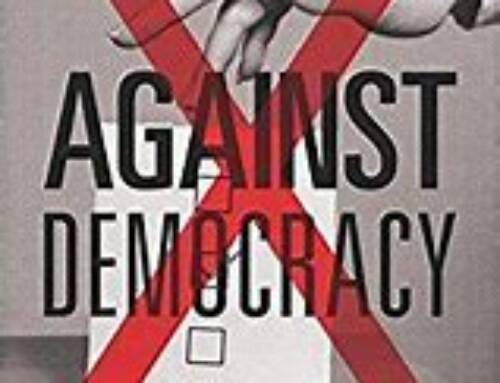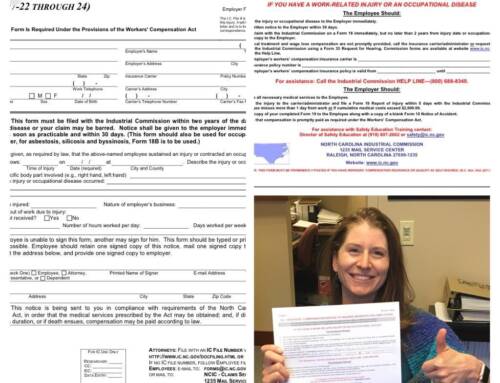 Governor Perdue’s Task Force on Employee Misclassification met for the second time on October 29, 2012 in Raleigh, N.C. Insurance Commissioner Wayne Goodwin started the meeting and several speakers were called to give various perspectives on the problem. One of the speakers was Alitha Palich, who represents concerned N.C. contractors, particularly those in plumbing, heating and fire detection installation. She told of one man who started his own company in the early 1960s and had 100 employees but is now down to 20 because his competitors were undercutting his bids. His choice was to be honest and slowly go out of business or join his competitors in cheating. That is not a good choice for legitimate businesses. Honest businesses want aggressive action to be taken by the state to help with this problem. A neighboring state, South Carolina, is doing a much better job than N.C. and the dishonest employers realize they can get away with cheating in this state. That is not a healthy environment.
Governor Perdue’s Task Force on Employee Misclassification met for the second time on October 29, 2012 in Raleigh, N.C. Insurance Commissioner Wayne Goodwin started the meeting and several speakers were called to give various perspectives on the problem. One of the speakers was Alitha Palich, who represents concerned N.C. contractors, particularly those in plumbing, heating and fire detection installation. She told of one man who started his own company in the early 1960s and had 100 employees but is now down to 20 because his competitors were undercutting his bids. His choice was to be honest and slowly go out of business or join his competitors in cheating. That is not a good choice for legitimate businesses. Honest businesses want aggressive action to be taken by the state to help with this problem. A neighboring state, South Carolina, is doing a much better job than N.C. and the dishonest employers realize they can get away with cheating in this state. That is not a healthy environment.
Carl Hammersburg, a former employee of the state of Washington who investigated misclassification for several years, gave illustrations of the problems they discovered. By getting all related government departments to share information and by using an anti-fraud software system developed by SAS, a software company in Cary, N.C., he was able to uncover $274 million dollars in lost revenue per year. That was over $ 1/2 billion dollars during the 2-year budget cycle. He recommended using a single form for all agencies when a new business is created and asking the question: “Do you intend to use independent contractors [instead of “employees”] in your business?” That opened the door to over 13,000 inquiries about the status of those workers’. Stop Work Orders, like those used in Florida, New York and New Jersey, are effective. Make workers’ compensation insurance coverage transparent to the public. After using the SAS software, Washington reduced the number of false leads and there was a drop of 80% in the time spent on the issue, but a 65% increase in the effectiveness of the program.
Several other speakers addressed the Task Force during the two hour meeting. The consensus seemed to be that there was a serious problem in this state which has not been addressed, but the various agencies were committed to developing a system to attack the problem. There will be one more meeting before the end of the year and probably a fourth meeting in January. Stay tuned for further developments.






